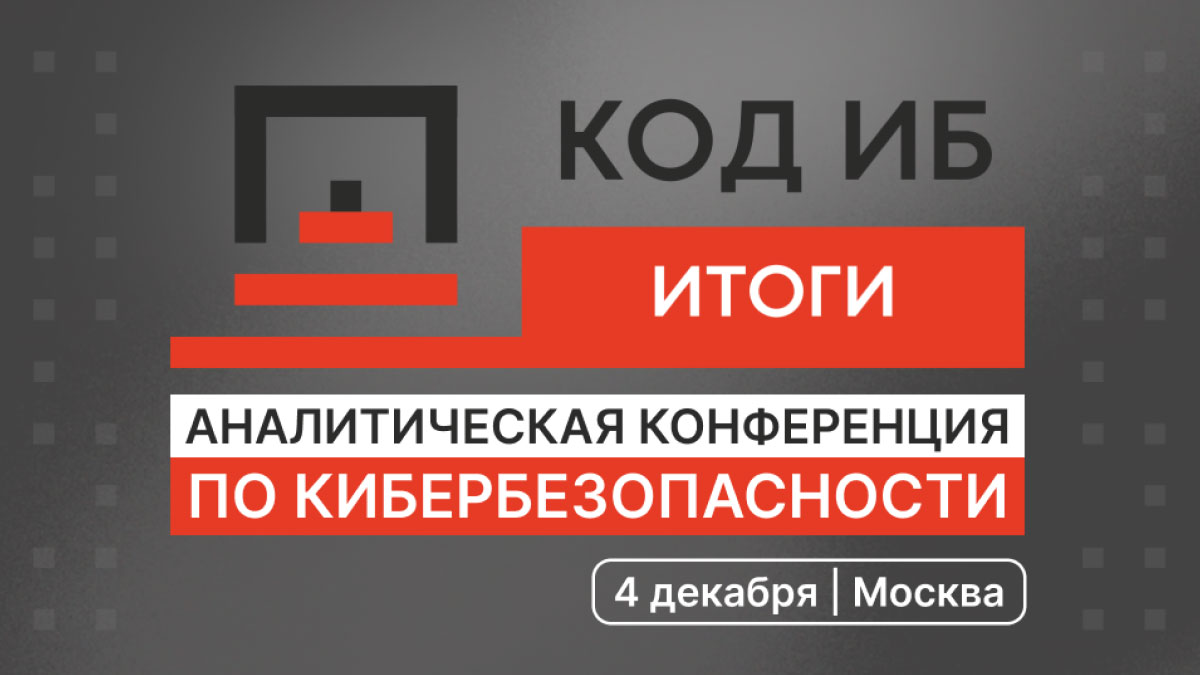2 вопроса 12NEWS к Paul Mockapetris - эксперту DNS и гуру Internet
12NEWS: Можно ли представить что в результате потери свобод(под эгидой борьбы с пиратством, политика разных государств и тп.) в глобальном Интернет возникнет новая параллельная сеть или структура Интернета скоро перестанет быть глобальным? Насколько это вероятно?
Paul Mockapetris: Все серьёзные технологии – это только начало, а не финальная точка развития. В Интернете такие протоколы, как IP, TCP и DNS порождают новые протоколы и приложения. Например, технология DNS, которая лежит в основе всемирной паутины была разработана когда эта самая паутина ещё не существовала. Люди, компании и государства используют существующие схемы для построения систем, которые увеличивают скорость, снижают издержки, обладают большей приватностью и другими необходимыми критериями.
Мы видели множество технологий, созданных для ограничения и, наоборот, увеличения персональной свободы. Например для цензурирования контента и обхода этого цензурирования. Так что это уже случилось.
12NEWS: Насколько безопасно для общества все более расширяющееся тенденция встраивания, управления и использование возможностей Интернет в различные устройства и важные сферы человека, медицине, разных опасных производств, а также государственной и военной?
Paul Mockapetris: Те преимущества, которые несут сетевые технологии, настолько впечатляют, что они будут использовать независимо ни от чего. Главная задача – обеспечить должный уровень безопасности, приватности и других аспектов на уровне структуры технологии. До сих пор контролируемые компьютерами промышленные операции, телемедицина, онлайн банкинг, взаимодействие с госорганами приносили только выгоду и удобство для большинства людей. Но мы не должны удовлетворяться текущим уровнем надёжности и безопасности таких систем – есть назревшая необходимость их усовершенствования. И я надеюсь, что мы не столкнёмся с тяжёлыми последствиями киберпреступлений, кибертерроризма и просто несчастных случаев в сетевом мире.
На уровне пользователя меня беспокоит утеря приватности – наши путешествия в Интернете постоянно отслеживаются а социальные сети имеют в своём распоряжении множество персональной информации.
12NEWS: Спасибо!
 Paul Mockapetris, the Chief Scientist at Nominum and the inventor of the DNS, is available for interviews with media over the one week.
Paul Mockapetris, the Chief Scientist at Nominum and the inventor of the DNS, is available for interviews with media over the one week.
The best revolutionaries eventually find themselves hailed in tributes and enshrined in museums.
So it's almost inevitable that nearly 30 years after the official birthdate of the Internet, some of the net's best-known pioneers, radicals, and troublemakers are being inducted into the Internet Society's Hall of Fame.
The inaugural group includes 33 of the net's most influential engineers, evangelists and entrepreneurs including Internet fathers Robert Kahn and Vinton Cerf; Internet standards guru Jon Postel; web inventor Tim Berners-Lee; encryption pioneer Phil Zimmermann; and Mozilla's Mitchell Baker.
And, yes, snarky late night comedy aside -- former vice president Al Gore is being inducted as well.
The inductees were announced Monday in Geneva, Switzerland at Internet Society's annual conference, where the group is celebrating its 20th year. ISOC is home to the Internet Engineering Task Force, the net's technical standards setting body, and is funded largely by the .org top level domain.
While the Internet's origins are firmly based in American university computer labs and DARPA, the U.S. military's long-term research arm, Geneva is a natural home for the awards.
The World Wide Web was born here at Cern, just a few kilometers from the conference center, and Switzerland has a long history as an international center for diplomacy -- symbolically important for an organization dedicated to including civil society, engineers, corporations and governments in decisions affecting the net.
But as the revolutionaries celebrate having created the world's most important communications medium, they also murmur about looming threats to their creation.
This year saw the U.S. government push to modify the net's infrastructure to protect the business model of the music and motion picture industry in the U.S., setting off a dramatic protest in the U.S.
Around the globe, repressive and authoritarian regimes have reacted to political dissent by installing filters, firewalls and first-world surveillance technologies.
Geneva is also home to the International Telecommunication Union, a U.N. arm that sets rules, standards and rates for international telecommunications, and parts of whose membership has been making noise about exerting more state control over Internet governance.
That move -- seen to be driven by non-democratic countries including Russia, China and states in the Middle East -- is seen as by many at ISOC as a threat to the the core principles of the Internet.
But despite those looming clouds, the Internet's founders and visionaries have much to celebrate. Some two billion people around the world are connected to the Internet, where they can communicate locally and globally for virtually no-cost and have access to knowledge, news and gossip at a speed and depth imaginable 30 years ago only by a small handful of people -- many of whom are being inducted into the hall of fame for envisioning and building that network of networks.
Over the next year, Wired will be publishing Q&As with the living inductees and profiles of the three who were posthumously inducted.
The inductees fall into three categories: Pioneers who were key to the early design of the Internet; Innovators who built on the net's foundations with technical innovations and policy work; and Global Connectors who have helped expand the net's growth and use around the world.
© Издание 12NEWS (ИП Маринин А.Л.) 12news.ru, 2012
Просмотров 19628
Разместил xbox





